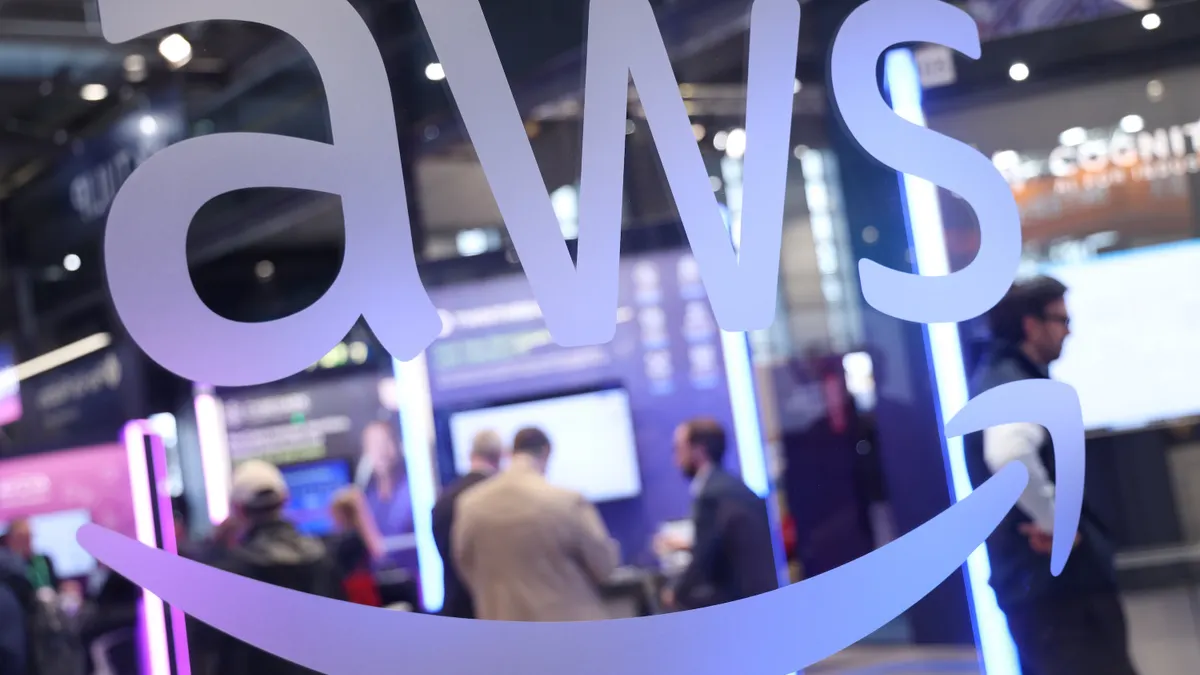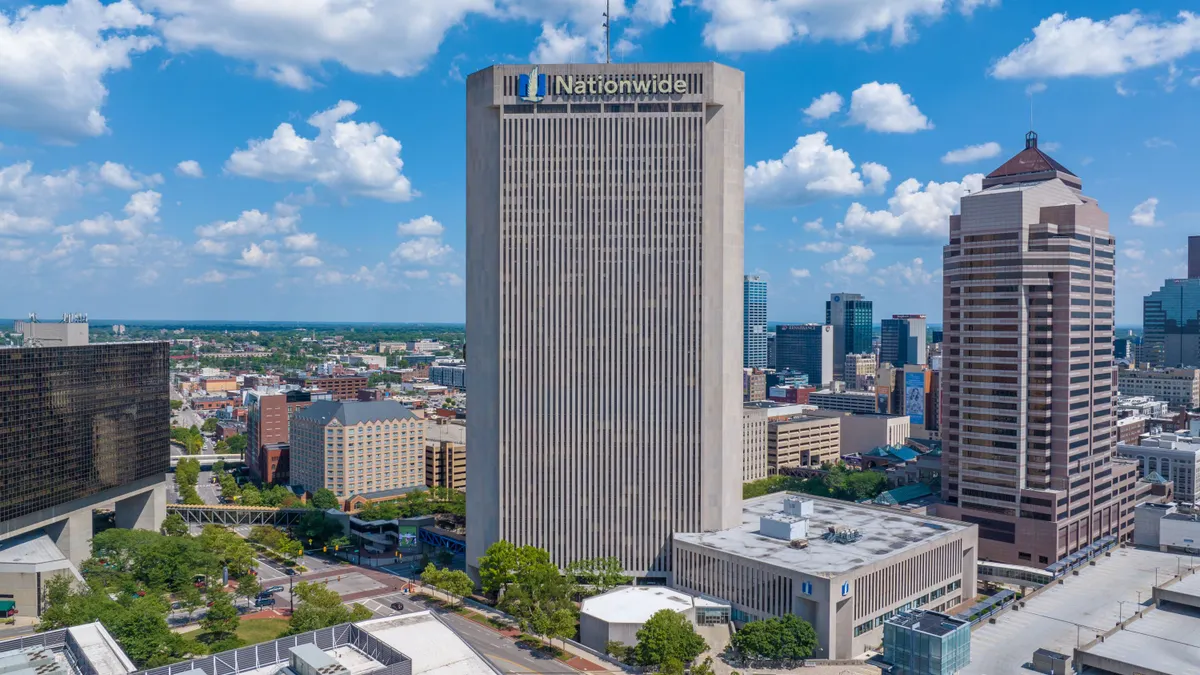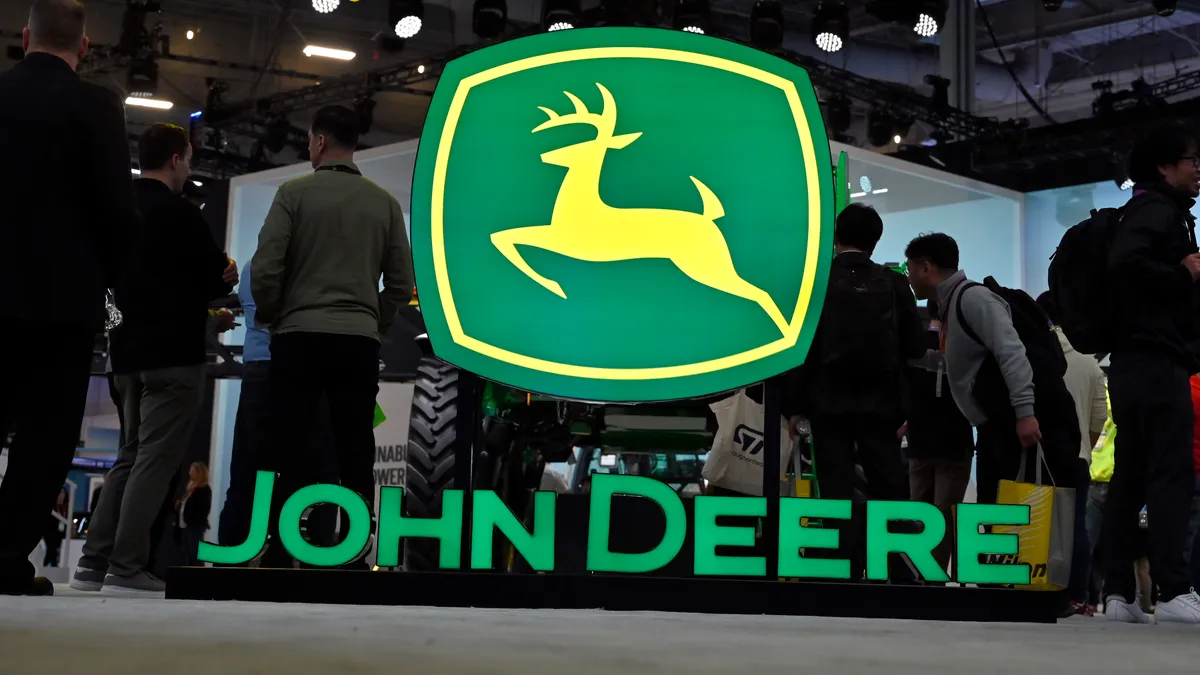Here's the thing: The modern era of technology has leapt past the realm of science fiction, leaving many experts to seriously discuss topics that have in the past found a comfortable home in the movies.
Chief among these future topics is the role of artificial intelligence in society. While some joke about the coming robot apocalypse, other experts hold dire warnings about the future of technology.
But there's something to that. It is not uncommon for Silicon Valley innovation to lack long-term ethical considerations. If increasingly advanced AI is introduced to physical systems, it could give rise to Elon Musk's worst fear: the robot apocalypse.
Since AI fervor took over the business technology industry, and 2018 quickly shaping up to be the year of AI, here are 6 experts reactions to an emerging artificially intelligent society — and the potential for a robot takeover.
1. Elon Musk vs. potential robot doom
Musk has long served as the poster child for warning Silicon Valley and the world at large about how quickly the introduction of robots in society could take a turn for the worse without proper regulation and and control.
But Boston Dynamic's latest robot, Atlas, capable of doing backflips and other parkour-inspired moves, had Musk considering once again what will happen as these systems advance.
This is nothing. In a few years, that bot will move so fast you’ll need a strobe light to see it. Sweet dreams… https://t.co/0MYNixQXMw
— Elon Musk (@elonmusk) November 26, 2017
Got to regulate AI/robotics like we do food, drugs, aircraft & cars. Public risks require public oversight. Getting rid of the FAA wdn’t make flying safer. They’re there for good reason.https://t.co/6OXZC3UdMW
— Elon Musk (@elonmusk) November 26, 2017
2. If you can't join them, worship them
For some, AI is an advanced technology, which experts could employ to iron out the kinks in modern society. For others, the technology has inspired a religious fervor.
That's at least the case for Anthony Levandowski, the co-founder of autonomous trucking company Otto, who formed a new religion called the "Way of the Future."
The point is to promote the "realization, acceptance and worship" of an AI-based "Godhead," developed using computer hardware and software, according to filings with the IRS, Wired reports. More than just creating the divine computer, the organization wants to work with the AI community to build a following, including "laypersons" and people working in AI.
For Levandowski, it creates a path for everyone to participate in shaping AI and, in effect, creating a god. "It's not a god in the sense that it makes lightning or causes hurricanes," Levandowski said, in an interview with Wired. "But if there is something a billion times smarter than the smartest human, what else are you going to call it?"
3. We're closer to washing machines ...
"Terminator" has made it easy to imagine robots in action, nefarious or otherwise. But the reality is that the technology has a long ways to go before it becomes a reality.
Fei-Fei Li, the chief scientists of AI/ML for Google Cloud, has emphasized just how difficult it is to replicate general human intelligence, which can make connections and observations in ways that are challenging to program into systems.
Though the industry has made progress, "I think it's important to understand that we are closer to a wash machine than the Terminator," Li said, according to Retro Report.
Can't agree more -- human-machine collaboration is the key going forward in an AI-enabled world. Bravo @ken_goldberg https://t.co/6yBiuPbbS9
— Fei-Fei Li (@drfeifei) June 12, 2017
4. Technology driving the inequality gap
Such advanced systems, like AI and robotics, could shift jobs from manufacturing and other labor-oriented tasks to the service industry, according to Bill Gates, CNBC reports.
While technology in many cases is an enabler, many experts have warned of a coming divide, where advanced systems will drive a divide in society. The key is to maintain human control and promote equality.
"If we're not careful, technology will actually accentuate the difference between the well off and the poor because if it's expensive, if you learn about it only in a rich country school, then you'll have the difference between the well off and the poor people even worse," Gates said.
5. It's a toss up
AI could either be great for society or the worst thing to ever happen in the history of mankind. At least, that's what Stephen Hawking thinks.
"Success in creating effective AI, could be the biggest event in the history of our civilization. Or the worst," Hawking said, speaking at the Web Summit technology conference in Portugal, CNBC reports. "We just don't know. So we cannot know if we will be infinitely helped by AI, or ignored by it and side-lined, or conceivably destroyed by it."
One thing is certain: Without preparation, economic disruption is certain, whether that is from job displacement or autonomous weapons.
6. The threat of singularity?
For Daniela Rus, the director of the computer science and AI laboratory at MIT, robots are better at doing brute work, like calculations and lifting heavy objects. What they lack, however, is the ability to think abstractly.
So singularity is not as close as some experts would have society believe. Machine skills are a long ways away from achieving human capabilities, Rus said, in an interview with The Washington Post. "There are tasks that are very easy for humans — clearing your dinner table, loading the dishwasher, cleaning up your house — that are surprisingly difficult for machines."





















